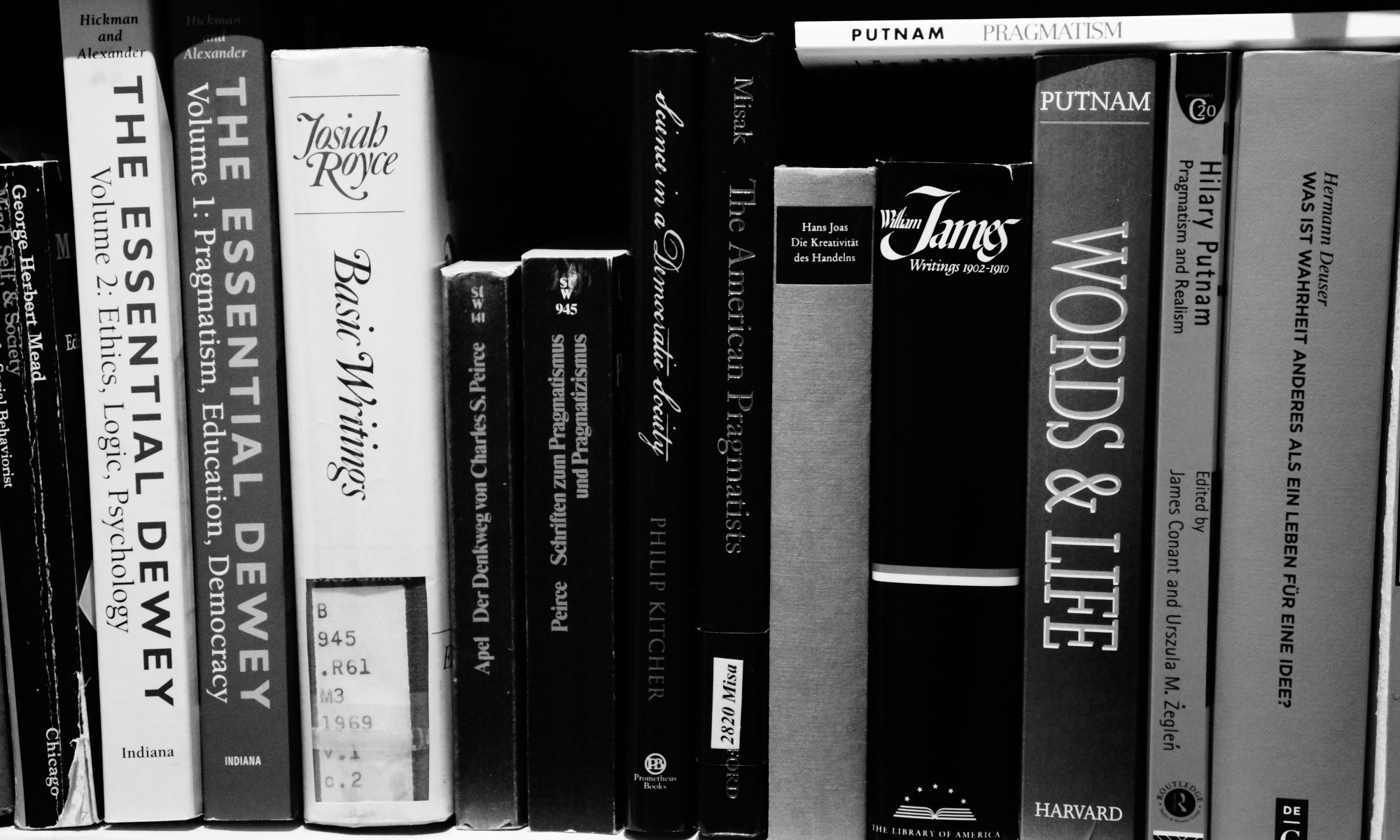Exploring the Philosophical and Theological Relevance of Evolutionary Anthropology
Click the picture to see the program
Since many years, Michael Tomasello has been one of the most influential voices in anthropology. On the basis of ontogenetic research with great apes and infants, he tells a fascinating ‘natural history’ of of core human abilities. A better understanding of the genealogy of these abilities may help to deepen our understanding of these abilities and to further model their anthropological relevance. Tomasello’s research may thus be regarded as an important bridge between empirical and theological/ philosophical anthropology. However, this bridge has not been crossed by many scholars yet: An in-depth reception as well as a critical reception of Tomasello’s insights is yet to be achieved both in philosophical as well as theological anthropology.
The conference aims at bridging this gap by evaluating the prospects and boundaries of evolutionary anthropology. Its central focus is twofold: On the one hand, it attempts to analyse the philosophical foundations of evolutionary anthropology. On the other hand, it asks for the specific role of religion in the evolutionary process. Tomasello himself has not been very outspoken about the human capability of transcendence, so that the conference offers the thrilling opportunity to debate this issue with Tomasello himself for the first time.
Conference Organization:
Dr. Stephan Steiner Catholic Academy Berlin
PD Dr. Magnus Schlette FEST Heidelberg
Dr. Dr. Martin Breul Institute of Catholic Theology Cologne
Place: Zoom
Date: June 10th-12th 2021 Registration: click here







